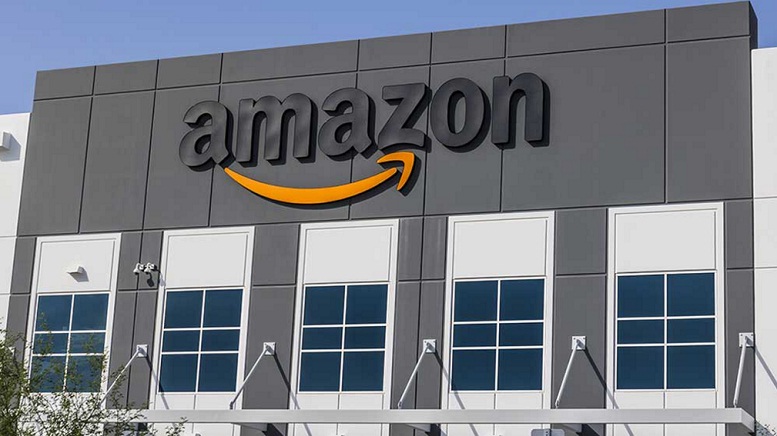In a trend most recently referred to as being Amazoned, brick-and-mortar stores have been wiped out by the online giant. As Amazon (NASDAQ:$AMZN) continues to broaden its horizons and enter new sectors, billions of dollars of stores’ market caps are wiped out. Just the announcement of a new branch of the Amazon tree can cause ripples across entire industries.
This year alone, Amazon has seen a 27.55% surge in its shares.
This was clearly illustrated when Amazon’s acquisition of Whole Foods (NASDAQ:$WFM) caused a price drop for the entire food market.
Morgan Stanley (NYSE:$MS) analysts surveyed peers in various sectors to determine the near and long-term impact of Amazon’s business model. More than 40 analysts were surveyed.
According to analysts, the hardest hit would be to the food retail sector. Millions of dollars in grocer’s market caps have already disappeared due to the aforementioned Whole Foods acquisition.
The second most popular industry cited by the analysts was department stores. With companies like Sears (NASDAQ:$SHLD) already reeling from increased growth of online sales. 49% of analysts mentioned this, citing the move towards e-commerce as an omen of the coming retail apocalypse.
Outside of consumer space, Transports and Logistics was seen as incredibly vulnerable to Amazon, according to Wall Street. 43% of analysts picked up on this.
Just behind that, with 36% of the vote, was retail real estate investment trusts. The Whole Foods acquisition helped patched a little-known weakness of Amazon; their lack of warehouse space. Previously trailing Wal-Mart (NYSE:$WMT) in that department, the acquisition will add about 1 million square feet of space. However, with Amazon’s further interest in expanding, analysts imagine that the retail real estate industry will take a hit.
Morgan Stanley also asked analysts who they thought were safe. For non-consumer space, analysts cited commercial REITs and healthcare as the most difficult for Amazon to uproot, whereas dollar stores were the safest in the consumer space.
Featured Image: twitter










